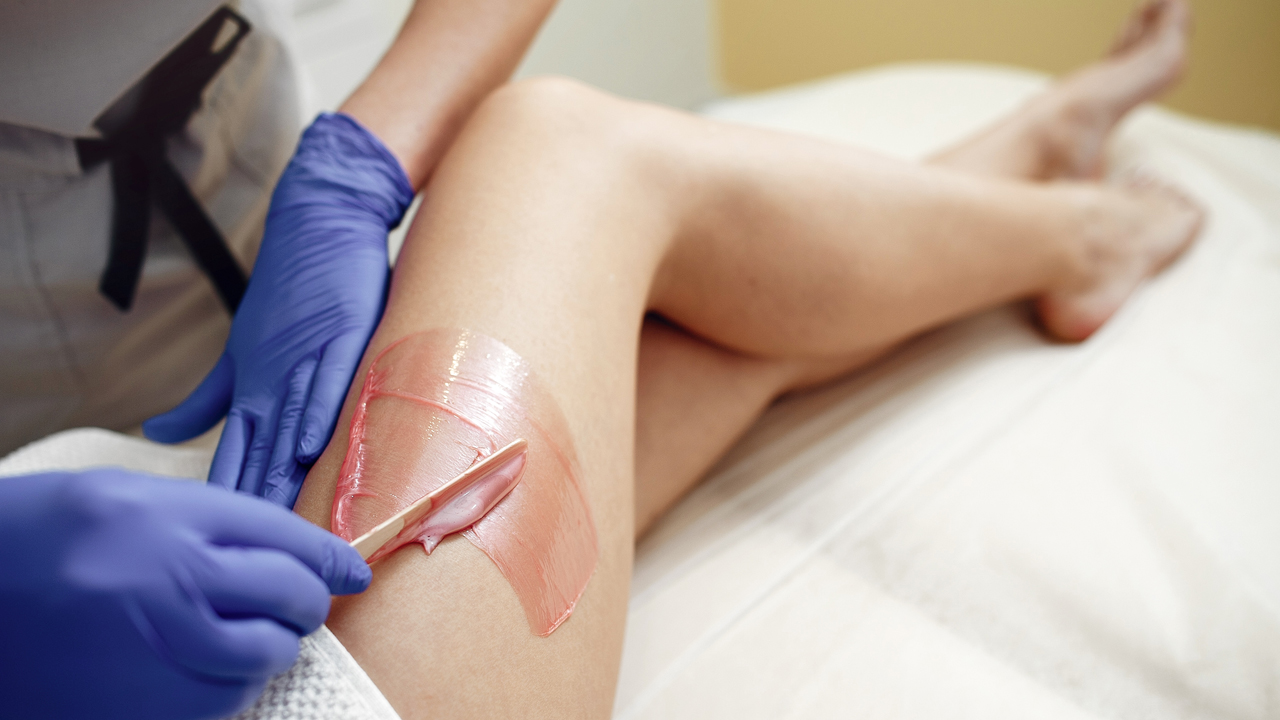Nighttime Skincare Routine Every Bride Must Follow
by Editorial
Ever wondered why they call it ‘beauty sleep’? During the night, your skin actually absorbs the nutrients in your products better than during the daytime. Additionally, there aren't environmental stressors at night (like environmental pollution and sun damage). Hence, products are able to better penetrate when you're not wearing makeup while you sleep and the skin can breathe. Good skin is imperative for a bride and it makes life so much easier to for the makeup artist to his/her job well. So, your night skincare routine is mega important. And while there isn't a one-size-fits-all routine, there is a foundational regimen that everyone should have in place. So, here’s what you must do from tonight onwards if you want to slay that bridal glow!
Step 1: Makeup Removal
Sleeping in your makeup is a cardinal skincare sin, and usually, a cleanser isn't enough to remove everything. Your eye area is host to the most sensitive skin on your face and is also this first area to show aging. Avoid having to scrub and tug at this gentle area by using a dissolving eye makeup remover and cotton pad, few makeup removing wipes are saturated with enough product to be effective in this way.
Step 2: Cleanser
No matter what your skin type, a gentle cleanser that won't strip your skin of natural oil and disrupt your skin's micro-biome is essential. A water-based cleanser is necessary to lift and remove water-based free radical damaging agents at the end of the day. Bonus points if you double wash with an oil-based cleanser.
Step 3: Toner
It is probably the most divisive of all skincare steps: People either swear by it, or they think it's totally useless. But, the unsung hero of the skin care regimen, toner is essential for balancing skin pH and prepping skin for all of the ingredients and formulas that follow. After patting skin dry with a towel, apply a quarter-sized amount of product by pressing it onto your face, not swabbing it on with a cotton pad.
Step 4: Serum/Treatment
This step is where you can customize the routine tailored to your skin concerns – that is a serum or prescription product. Serums are the most potent and customizable step in your skincare routine, and, depending on what issues you’re having with your complexion, will determine exactly which product you will need. A good rule of thumb is to focus more on hydration and regeneration with your nighttime formula, while sticking with a Vitamin C or antioxidant-rich option during the day.
Step 5: Eye Cream
Eye creams aren't totally bogus—when used as a form of preventative care, they're beneficial because they provide the thin skin around your eyes with a targeted treatment. Look for one with peptides, which are super hydrating.
Step 6: Oil
Applying an oil overnight will enable the skin to combat the overproduction of sebum and pore clogging oil that leads to the breakouts, blackheads, and enlarged pores of combination and oily skin. Dry and sensitive skin will also greatly benefit from the additional moisture.
Step 7: Night Cream
The final step in your nightly routine should always be a viscous moisturizer to seal in the effects of all the hard work you’ve put in to the previous steps. Sleeping masks and night creams are intended to still be lingering in the AM, therefore also starting your morning routine with an oil based cleanser is an absolute must in order to begin your day with properly cleansed skin.
Weekly:
Physical Exfoliation
The removal of dead skin cells at the surface level is vital to improving overall texture and tone, but harsh scrubs and granular exfoliants often cause more damage than they do good. It’s important to use gentle powders and polishes. And use them sparingly — physical exfoliants should never be used more than twice a week.
Chemical Exfoliation
Alpha-Hydroxy Acids and Beta-Hydroxy Acids are ingredients that your skin requires in order to initiate exfoliation at a deeper level in the skin rather than just sloughing away what is already dead at the surface. Treating with a chemical exfoliation two to three times a week promotes more rapid cell turnover resulting in brighter and clearer skin and slows the aging process.
Chemical Peel
If you can’t make it in to see an esthetician once a month for a clinical strength chemical peel, you can still reap the benefits from the milder formulations for home applications. Acid peels should be used once a week at the absolute most, and always be sure to test your product on a small patch of skin before committing to a full application.
Mask
If you have the time and like to indulge, consider applying a mask once or twice a week after cleansing and before your other nighttime routine steps. If your skin is on the dry side, consider using a hydrating mask, or if your skin is oily, use a clay mask. There's a mask out there for about every skin concern.
Related Articles
-
 Busting the Age Old Myths about the Poruwa Ceremony
Busting the Age Old Myths about the Poruwa Ceremony -
 Renaissance of Wedding Artistry - Hamna’s Sensational Wedding Creations…
Renaissance of Wedding Artistry - Hamna’s Sensational Wedding Creations… -
 Sundara by Mosvold - Luxuriate in Seclusion on Your Honeymoon
Sundara by Mosvold - Luxuriate in Seclusion on Your Honeymoon -
 Will you Honour & Obey? - The rules of marriage in a modern world…
Will you Honour & Obey? - The rules of marriage in a modern world… -
 Curating to perfection - Wedding Planners to the rescue
Curating to perfection - Wedding Planners to the rescue -
 FEATURE – Dhanushka Kuma
FEATURE – Dhanushka Kuma -
 Skin-tillating Wax for your Happily-Ever-After
Skin-tillating Wax for your Happily-Ever-After -
 Younger Looking Skin – Look like You’re 20 on Your Wedding Day
Younger Looking Skin – Look like You’re 20 on Your Wedding Day -
 The Picture Perfect Ice Breakers – Locations that are ideal for creating the memorable Pre wedding photo -shoots
The Picture Perfect Ice Breakers – Locations that are ideal for creating the memorable Pre wedding photo -shoots